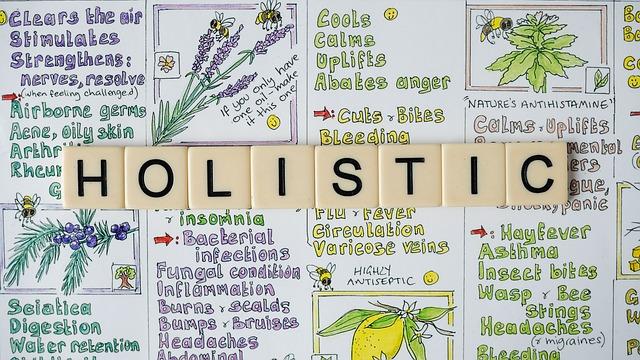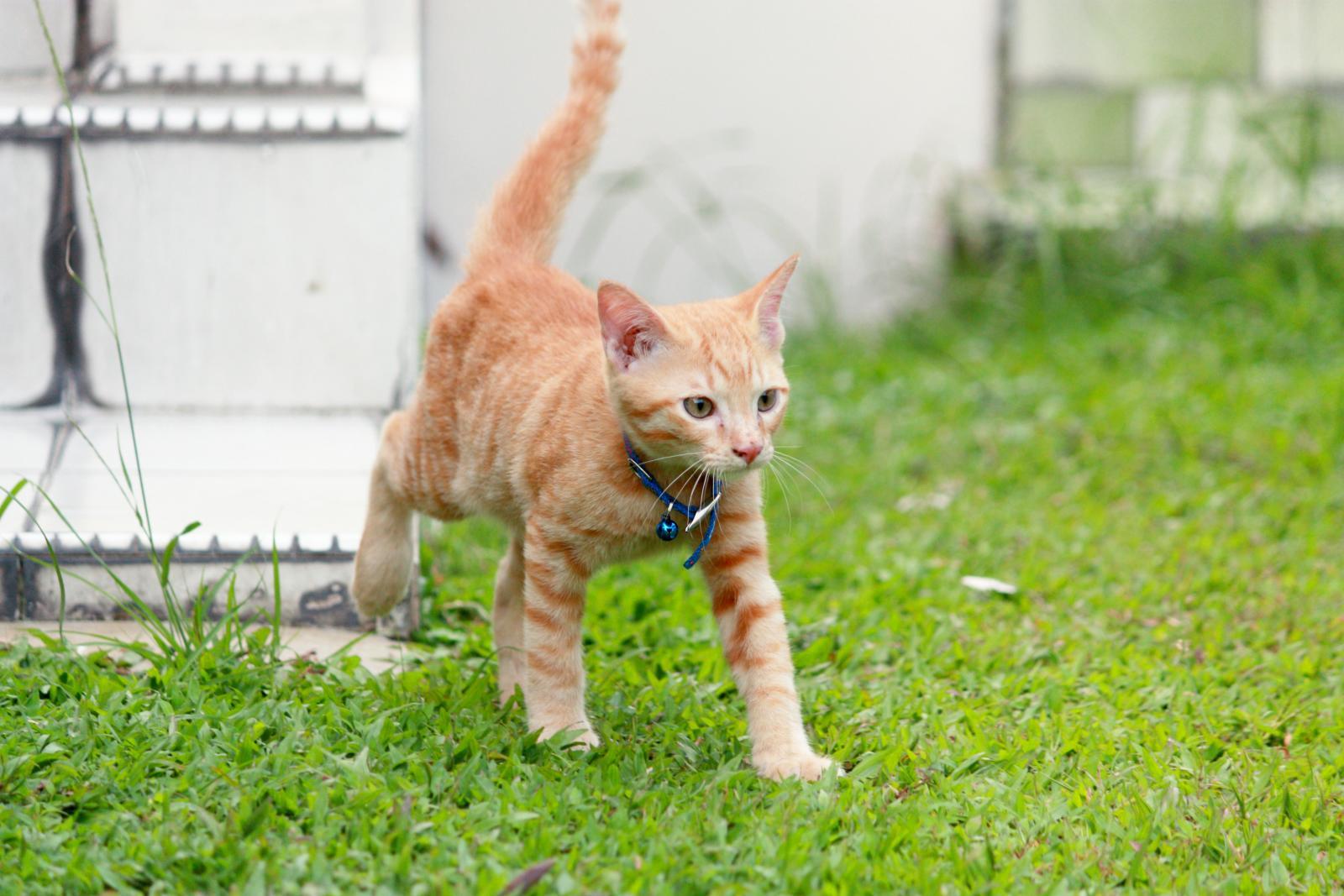In a world where the bond between humans and their pets grows ever deeper, the choices we make for their well-being become paramount. As furry companions curl up at our feet, their eyes filled with unconditional love, we face an intriguing crossroads: Should we lean more on the time-honored wisdom of holistic remedies, or trust in the precision of pharmaceuticals? This exploration invites you to step into a realm where ancient traditions meet modern science, where the heartbeat of nature pulses alongside the rhythm of innovation. Let’s embark on a journey to discover the most nurturing path for our beloved pets, guided by a gentle curiosity and a heartfelt desire to do what’s best for those who trust us most.
Exploring the Heart of Holistic Healing for Pets
In the realm of pet care, the journey toward wellness often involves a dance between traditional pharmaceuticals and holistic remedies. Holistic healing embraces the whole animal, focusing on physical, emotional, and spiritual well-being. This approach often includes:
- Herbal Treatments: Utilizing natural herbs to support immune function and reduce stress.
- Acupuncture: Balancing energy flow and alleviating pain through ancient techniques.
- Nutrition and Diet: Tailoring meals to support specific health needs and promote vitality.
- Aromatherapy: Using essential oils to soothe anxiety and improve mood.
These methods can often complement or even reduce the need for pharmaceuticals, offering a gentler path to health. While pharmaceuticals can be effective for acute issues, the holistic path encourages a preventive mindset, aiming to address root causes rather than symptoms. Pet owners who embrace this philosophy often find a deeper connection with their furry companions, nurturing not just their bodies, but their spirits too.

Understanding the Science Behind Natural Remedies
The allure of natural remedies often lies in their gentle approach and historical roots. At the heart of these remedies is a fascinating interplay of biology and chemistry. Herbs like chamomile and valerian have been used for centuries to soothe anxiety and promote relaxation, and modern science is beginning to understand why. These plants contain compounds that interact with neurotransmitters in the brain, mimicking the effects of certain pharmaceuticals but often with fewer side effects.
Moreover, essential oils such as lavender and peppermint have demonstrated antimicrobial and anti-inflammatory properties. The active components in these oils can penetrate cell membranes, potentially aiding in the fight against infections. Holistic approaches also emphasize the importance of nutrition, with a focus on whole foods that provide essential vitamins and minerals. While the science is still evolving, the synergy between traditional knowledge and contemporary research offers promising avenues for supporting pet health naturally.
- Herbal Supplements: Chamomile, Valerian
- Essential Oils: Lavender, Peppermint
- Nutritional Focus: Whole foods, Balanced diet

Balancing Nature and Medicine: A Pet Owner’s Guide
In the quest to nurture our furry companions, the debate between holistic remedies and pharmaceuticals often arises. Holistic approaches, which encompass natural treatments like herbal supplements, acupuncture, and dietary changes, offer a gentle alternative to conventional medicine. These methods aim to address the root cause of ailments rather than merely alleviating symptoms. Advocates argue that holistic remedies can enhance overall well-being and reduce the risk of side effects commonly associated with pharmaceuticals. However, it’s essential to recognize that not all natural treatments are created equal, and some may not be suitable for every pet.
When considering a shift towards holistic care, pet owners should weigh several factors:
- Consultation with a Veterinarian: A professional can provide guidance on whether a holistic approach is appropriate for your pet’s specific health needs.
- Combination of Treatments: Sometimes, a blend of both holistic and pharmaceutical options can offer the best outcome.
- Research and Resources: Delve into reputable sources and possibly seek out a vet specializing in integrative medicine.
Ultimately, the decision to incorporate holistic remedies should be personalized, considering the unique health profile and lifestyle of each pet.

Crafting a Holistic Care Plan for Your Furry Friend
When considering a comprehensive approach to your pet’s well-being, it’s important to integrate both traditional and holistic methods to create a balanced care plan. Holistic care emphasizes the importance of the whole animal, focusing on physical, emotional, and environmental health. Here are a few key components to consider:
- Nutrition: Opt for a diet rich in natural, whole foods. Consider supplements like omega-3 fatty acids and probiotics to support digestion and immune function.
- Exercise: Ensure regular physical activity tailored to your pet’s age and breed. This not only maintains physical health but also provides mental stimulation.
- Natural Remedies: Incorporate herbal remedies and essential oils for minor ailments, always ensuring they are safe for your pet’s species.
- Environmental Enrichment: Create a stress-free environment with toys, safe spaces, and plenty of affection.
By blending these elements with conventional veterinary care, you can craft a nurturing plan that respects your pet’s unique needs. Embracing this harmonious approach fosters a deeper connection with your furry friend, ensuring they thrive in every aspect of their life.


































